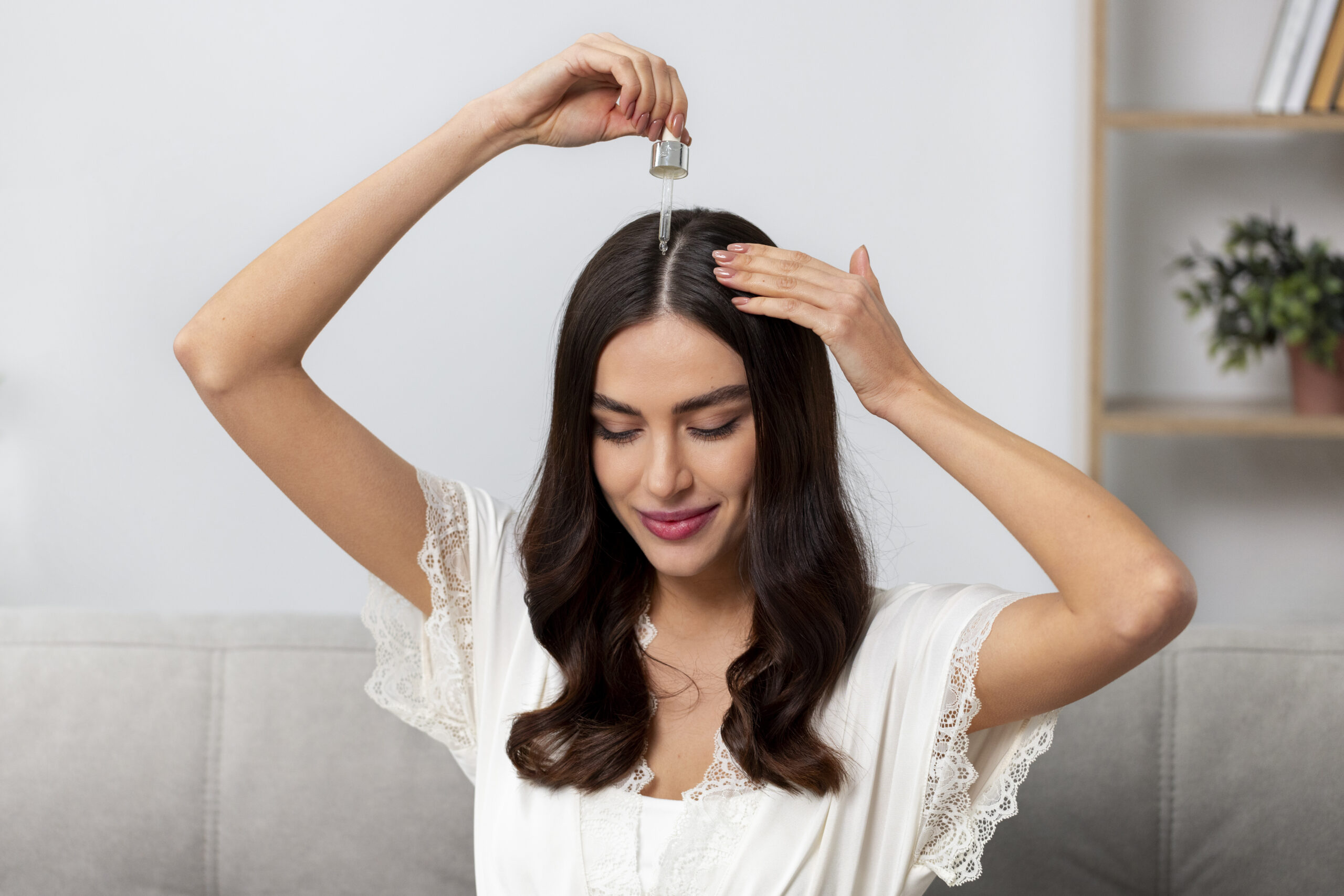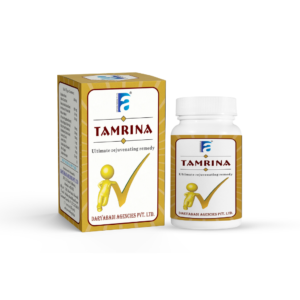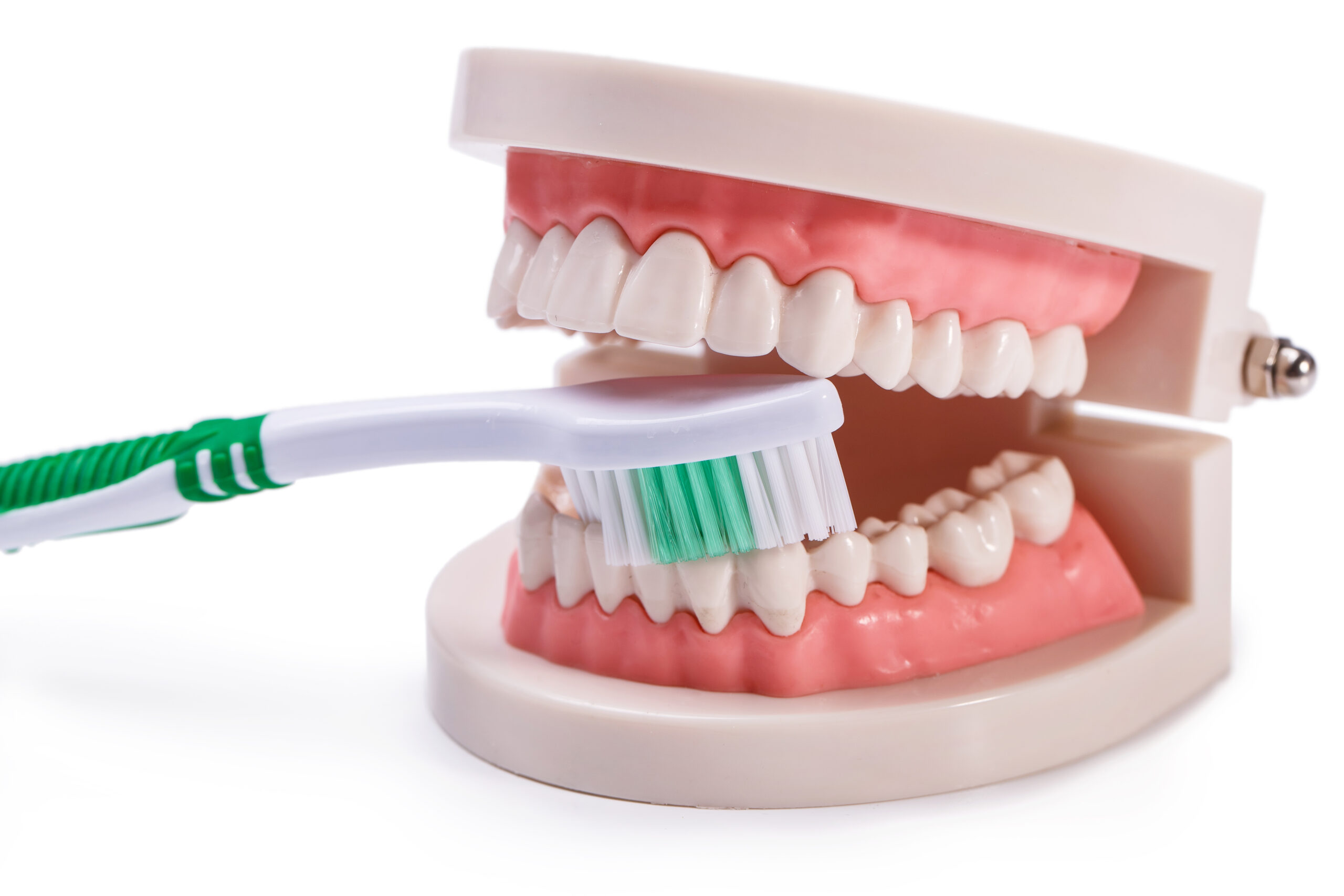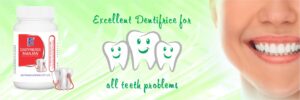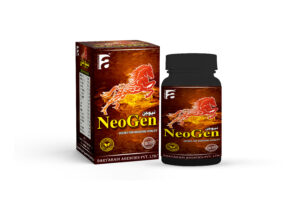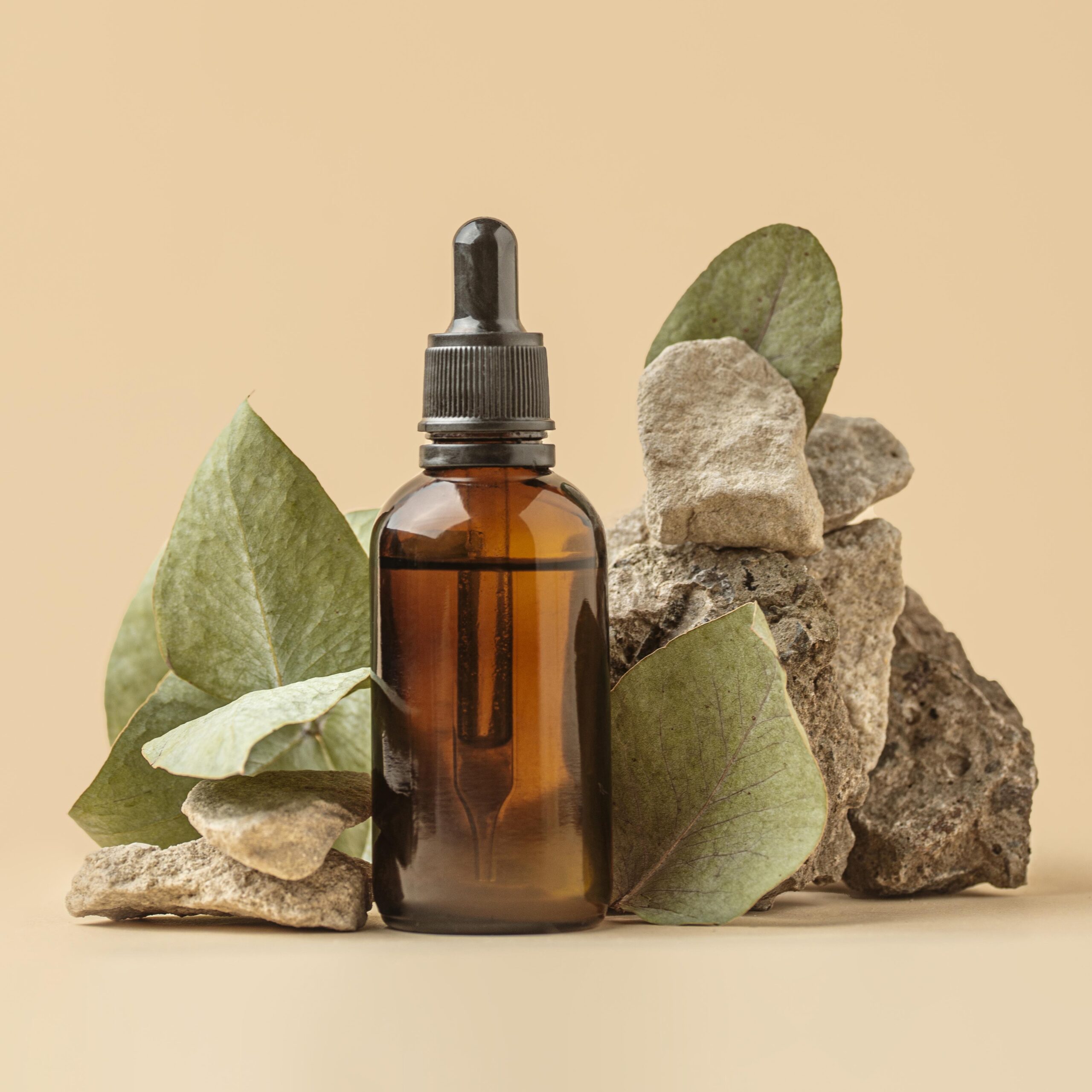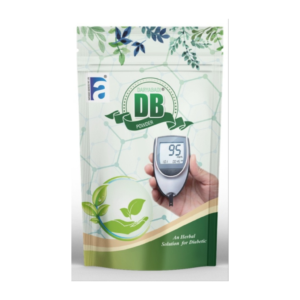Reclaim Your Virility: Unlocking the Power of Indian Herbal Medicine for Erectile Dysfunction
Introduction:
Erectile dysfunction (ED) can be a distressing condition that affects men of all ages, impacting their confidence, relationships, and overall quality of life. While there are various treatment options available, many men are turning to Indian herbal medicine as a natural and holistic approach to address ED and restore their sexual vitality. In this blog post, we’ll explore the causes of erectile dysfunction, the benefits of Indian herbal treatments, and how incorporating these time-tested remedies into your routine can help you reclaim your virility and enjoy a fulfilling sex life.
DISCLAIMER: The information provided in this blog is for educational and informational purposes only and is not intended as medical advice. The content is not intended to diagnose, treat, cure, or prevent any disease. Readers are advised to consult with a qualified healthcare professional regarding their specific health concerns and before starting any herbal remedies or health regimen. While every effort has been made to ensure the accuracy and completeness of the information presented, the author and publisher assume no responsibility for any errors or omissions. The use of herbal remedies and traditional medicine should be undertaken with caution and under the guidance of a qualified healthcare practitioner, especially for individuals with pre-existing medical conditions or those taking medications. The inclusion of specific herbs or formulations in this blog does not imply endorsement or recommendation. Individual responses to herbal remedies may vary, and it is important to consider individual health needs and sensitivities. Always read product labels and instructions carefully before use. By accessing and using this blog, readers acknowledge and agree to the terms of this disclaimer and release the author and publisher from any liability arising from the use or misuse of the information provided.
Understanding Erectile Dysfunction:
Erectile dysfunction is characterized by the persistent inability to achieve or maintain an erection sufficient for sexual intercourse. It can be caused by a variety of factors, including physical, psychological, and lifestyle-related issues. Common causes of erectile dysfunction include:
- Physical Factors: Underlying health conditions such as diabetes, heart disease, high blood pressure, obesity, and hormonal imbalances can impair blood flow to the penis or interfere with nerve function, leading to ED.
- Psychological Factors: Stress, anxiety, depression, and relationship problems can contribute to erectile dysfunction by affecting sexual arousal and performance.
- Lifestyle Factors: Unhealthy lifestyle habits such as smoking, excessive alcohol consumption, drug use, and lack of exercise can also increase the risk of erectile dysfunction by compromising vascular health and hormone levels.
- Medications: Certain medications, including antidepressants, antihypertensives, antipsychotics, and sedatives, can cause or exacerbate erectile dysfunction as a side effect.
While addressing the underlying causes of erectile dysfunction is essential, many men also seek safe and effective treatment options to restore their sexual function and confidence. Indian herbal medicine offers a rich tradition of natural remedies that have been used for centuries to support male sexual health and vitality.
The Benefits of Indian Herbal Treatments for Erectile Dysfunction:
Indian herbal medicine, also known as Ayurveda, has a long history of treating various health conditions, including sexual dysfunction, using a holistic approach that considers the mind, body, and spirit. Here are some of the key benefits of Indian herbal treatments for erectile dysfunction:
- Balancing Doshas: According to Ayurvedic principles, erectile dysfunction is often attributed to an imbalance of the doshas, or fundamental energies, in the body. Indian herbal remedies aim to restore balance to the doshas, particularly Vata (air and space) and Pitta (fire and water), which are associated with sexual function.
- Enhancing Sexual Vitality: Many Indian herbs, such as Ashwagandha (Withania somnifera), Shilajit (Asphaltum), and Safed Musli (Chlorophytum borivilianum), are renowned for their aphrodisiac properties and their ability to improve sexual desire, arousal, and performance.
- Improving Blood Circulation: Certain Indian herbs, including Gokshura (Tribulus terrestris), Punarnava (Boerhavia diffusa), and Guggulu (Commiphora mukul), help improve blood flow to the genitals, promoting stronger and longer-lasting erections.
- Supporting Hormonal Balance: Indian herbal remedies such as Kapikachhu (Mucuna pruriens) and Vidari Kand (Pueraria tuberosa) help balance hormone levels, particularly testosterone, which plays a crucial role in male sexual function and libido.
- Reducing Stress and Anxiety: Adaptogenic herbs like Ashwagandha and Brahmi (Bacopa monnieri) help the body adapt to stress, reduce anxiety, and promote relaxation, which can improve sexual performance and satisfaction.
COMMON INDIAN HERBS FOR ERECTILE DYSFUNCTION:
Indian herbal medicine offers a vast array of herbs and natural remedies that can help alleviate erectile dysfunction and improve sexual health. Here are some of the most popular Indian herbs renowned for their benefits in treating ED:
- Ashwagandha (Withania somnifera): Ashwagandha is an adaptogenic herb that helps reduce stress, increase energy levels, and improve sexual vitality. It is often used to treat erectile dysfunction and boost libido.
- Shilajit (Asphaltum): Shilajit is a mineral-rich substance that is highly valued in Ayurveda for its rejuvenating and aphrodisiac properties. It helps improve sexual function, stamina, and performance.
- Safed Musli (Chlorophytum borivilianum): Safed Musli is a renowned aphrodisiac herb that is used to enhance sexual desire, arousal, and performance. It also helps improve fertility and sperm quality.
- Gokshura (Tribulus terrestris): Gokshura is a diuretic and aphrodisiac herb that helps improve libido, erectile function, and sperm production. It also helps balance hormone levels and support overall sexual health.
- Kapikachhu (Mucuna pruriens): Kapikachhu is a potent aphrodisiac herb that helps increase testosterone levels, improve sperm quality, and enhance sexual desire and performance.
USING INDIAN HERBAL MEDICINE FOR ERECTILE DYSFUNCTION:
Incorporating Indian herbal remedies into your daily routine can be a safe and effective way to address erectile dysfunction and improve sexual health. Here are some general tips for using Indian herbal medicine for ED:
- Consult a Qualified Ayurvedic Practitioner: Before starting any herbal treatment for erectile dysfunction, consult with a qualified Ayurvedic practitioner who can assess your individual constitution (prakriti) and recommend appropriate herbs and formulations tailored to your specific needs.
- Choose High-Quality Herbs: Select high-quality herbal products from reputable sources to ensure purity, potency, and safety. Look for organic, wildcrafted, or sustainably sourced herbs whenever possible.
- Follow Dosage Recommendations: Follow the dosage recommendations provided by your Ayurvedic practitioner or the product label. Start with a lower dose and gradually increase as needed, paying attention to any potential side effects.
- Be Patient and Consistent: Herbal remedies may take time to produce noticeable effects, so be patient and consistent with your treatment regimen. Give your body time to respond to the herbs, and stick to your regimen for optimal results.
CONCLUSION:
Erectile dysfunction can have a profound impact on a man’s confidence, relationships, and overall well-being. While addressing the underlying causes of ED is essential, Indian herbal medicine offers a natural and holistic approach to restoring sexual health and vitality. Ashwagandha, Shilajit, Safed Musli, Gokshura, Kapikachhu, and other Indian herbs have been used for centuries to treat erectile dysfunction and enhance male sexual function. By incorporating these time-tested remedies into your routine under the guidance of a qualified Ayurvedic practitioner, you can reclaim your virility, revive your sexual vitality, and enjoy a fulfilling sex life.
FOR FREE CONSULTATION — https://daryabadi.com/consultation/



